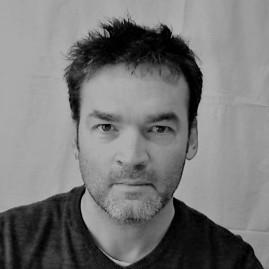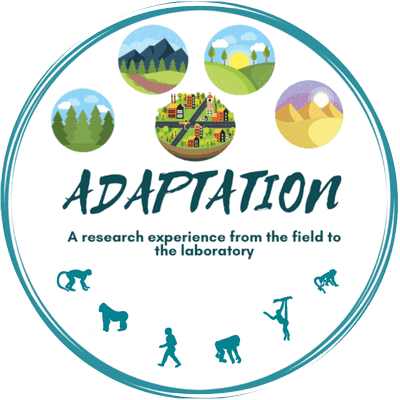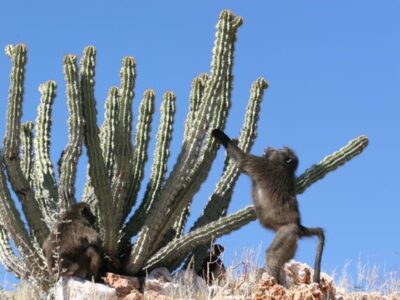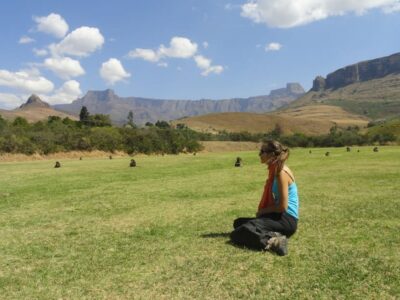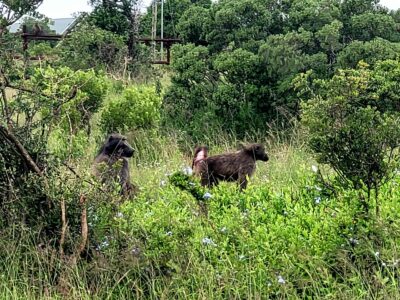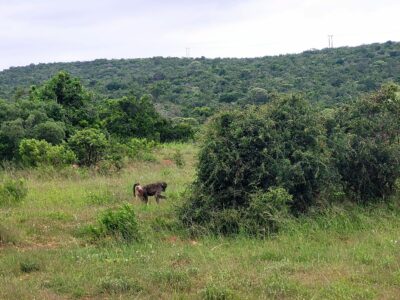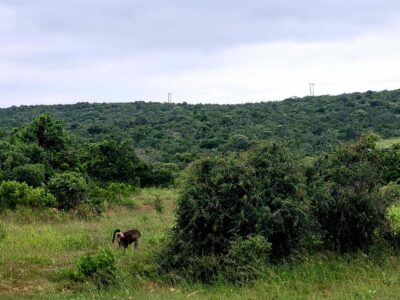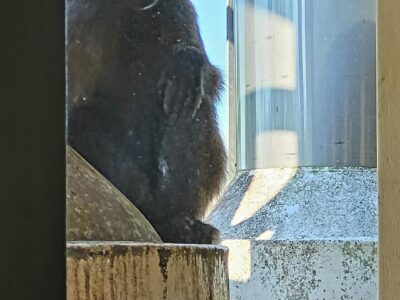field missions organisation and management franceville gabon la lekedi park la lope bakoumba
characterization and phylogenetic analysis of new bat astroviruses gabon central africa
origin of human and african great apes plasmodium vivax
Future Projects
Recent News
Contact
- REHABS International Research Lab South Afrrica
- virginie.rougeron@cnrs.fr
- 06 46 64 23 18
More information about the project
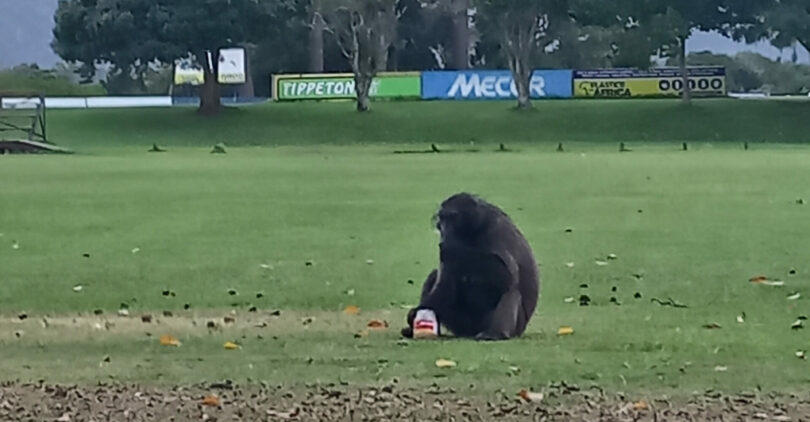
@ V. Rougeron
Abstract
Just as humans have colonized every corner and biome of our planet, chacma baboons (Papio ursinus) have explored every biome of southern Africa (from Namibia to Mozambique to South Africa, from mountains to deserts and savannah, etc.), highlighting their incredible ability to adapt to different and variable natural conditions. Over the course of their history, chacma baboons have been confronted with the arrival of human populations that have resulted in significant modifications to the landscape resulting in increasingly fragmented and disconnected habitats. Faced with these modifications of their natural habitats, chacma baboons, like other animal species, began to colonize increasingly anthropized environments. Among these anthropogenic alterations, the urbanization process is one of the main factors affecting primate populations’ ecology and evolution. Through the colonization of these increasingly urban environments, chacma baboons have faced new conditions that differ from their natural environments, including exposure to as a first factor a new human-modified diet, but also new pathogens, and different hazards, to name but a few. This transition from a natural to an increasingly urbanized environment raises questions: What are the consequences of this transition from a natural diet to an urban diet, characterized as rich in carbohydrates and fats, on their gut microbiome, health and behaviour? How did they answer to such modifications? To answers these questions, we will characterize the chacma baboon’s diets and microbiomes along a gradient of urbanization in the Garden Route region, in South Africa using metabarcoding approaches. We will study their health status through a large panel of indexes, and evaluate their behavioural responses to such change (foraging strategies, etc.).
Funding
No funding currently available.

Partners
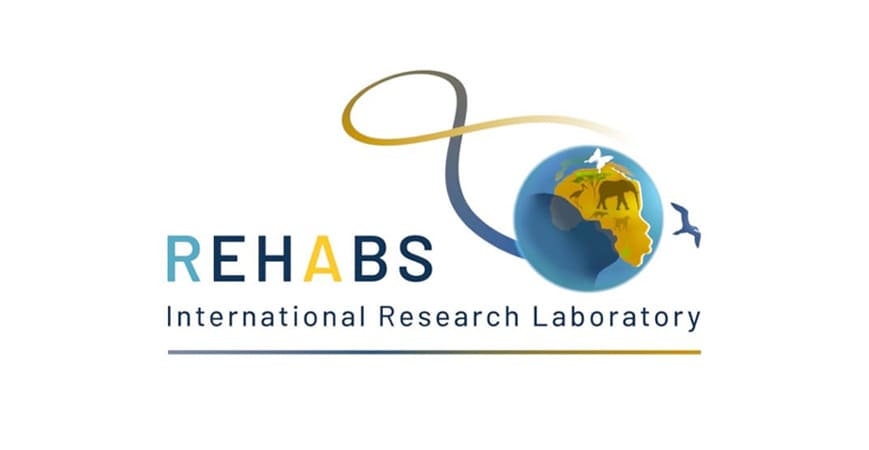

Particularities
@
Expected project organisation
Figure legend : @V. Rougeron
Main publications
Portfolio
Photos legend: Chacma baboons. @E. Huchard and V. Rougeron
Collaborators involved
